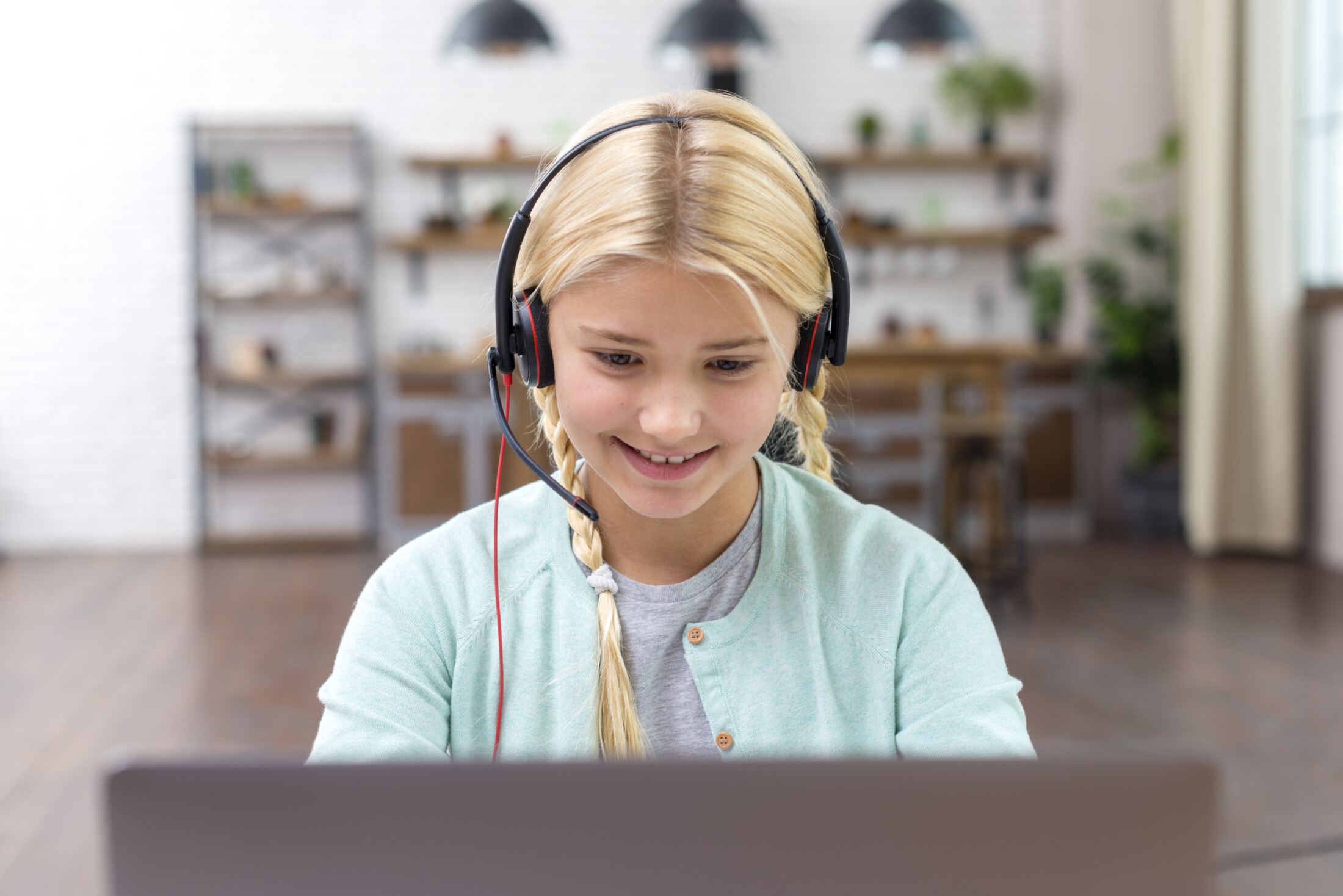As a researcher specialising in child education and emotional regulation, I have discovered how early experiences, beliefs, and thought patterns shape a child’s mental health. One area of particular interest has been the unconscious mind and its role in anxiety, phobias, and fears. Recent advances in neuro-linguistic programming (NLP) have opened a fascinating pathway to help children overcome these challenges more efficiently than traditional approaches. Through in person or online NLP coaching sessions, children can experience profound change in a remarkably short space of time, often feeling calm, confident, and emotionally balanced.
Understanding the Unconscious Mind
The unconscious mind is responsible for the automatic patterns of thought, emotion, and behaviour that influence a child’s life, often without their conscious awareness. Fear responses, phobias, and anxiety are frequently rooted here, meaning that even logical explanations or reassurances may fail to resolve them. This is where online NLP coaching becomes uniquely effective: by working directly with the unconscious, children can rewire these ingrained responses, replacing anxiety and fear with confidence and calm.
During NLP anxiety online sessions, children learn to engage their unconscious minds in a safe, guided environment. Techniques such as visualisation, language patterning, and guided reframing allow children to re-encode experiences that previously triggered fear. What is remarkable is the speed at which these changes can occur, sometimes after just one or a few online sessions.
Changing Limiting Beliefs
A critical aspect of anxiety in children is the presence of limiting beliefs. These are internalised ideas about what a child can or cannot handle, often phrased as “I can’t,” “I’m not brave,” or “I’m not good at this.” Left unaddressed, they form the foundation of persistent anxiety and phobias. Through kids anxiety NLP coaching, these beliefs are identified, challenged, and transformed.
For example, in previous sessions with children online, we have seen children with a fear of dogs gradually approach a virtual exercise that models calm interactions. Over the course of the session, the child begins to internalise a new belief: “I can feel safe around dogs.” By the end, the child reports feeling relaxed and at ease—a shift from fear to confidence that is often permanent.
Building Rapport and Comfort in an Online Environment
One common concern with online coaching is whether a child can truly feel safe and connected through a screen. In my observations, children respond remarkably well when a coach is skilled at building rapport and creating a comfortable space. Anna, with her background in primary education and NLP coaching, demonstrates an exceptional ability to put children at ease even in a virtual environment.
Children frequently describe feeling “understood” and “safe” during kids fear NLP sessions. The combination of warmth, patience, and structured NLP techniques creates a trusting environment where children feel free to explore and release their fears. For instance, a child with a fear of heights was guided through visualisation exercises online and reported feeling “calm and brave” when imagining standing on a balcony—a transformation that translated into real-world courage.
Removing Fears and Phobias with NLP
From a mental health perspective, the implications are significant. By rewiring unconscious patterns, kids phobia NLP coaching not only reduces immediate fears but also strengthens resilience and emotional regulation. Children who have previously struggled with persistent anxiety begin to exhibit improved focus, confidence, and social engagement. In many cases, parents report that their child is sleeping better, participating more in school and recreational activities, and expressing themselves more freely.
The beauty of NLP anxiety online is that it delivers these outcomes without the limitations of geography or scheduling. Families can access high quality coaching from their own homes, ensuring continuity and comfort. Additionally, because the work targets the unconscious mind, results are often faster and more enduring than traditional talk-based therapy alone.
One child, age seven, struggled with intense performance anxiety. After two online sessions, the child reported feeling significantly less anxious when competing against older children. Another child, fearful of small spaces like lifts and carparks, was able to go in a lift without panic for the first time in months. Each case illustrates not only the efficacy of online NLP coaching but also the critical role of rapport, guidance, and specialised techniques in creating lasting change.
Parents often express amazement at how quickly children respond, even in an online format. Anna’s approach combines her expertise in primary education with advanced NLP methods, making children feel supported and understood while gently challenging and transforming their unconscious beliefs.
The evidence is clear: NLP kids coaching online provides a powerful, efficient, and child friendly method to rewire unconscious patterns that underpin anxiety, phobias, and limiting beliefs. Through personalised coaching, children can experience rapid and enduring improvements in mental health, confidence, and emotional resilience. For families seeking effective, accessible, and research backed support, online NLP coaching offers a practical and transformative solution.
With the right guidance, children no longer need to be defined by fear. Their minds can be rewired to embrace calm, courage, and possibility, proof that even in the digital age, meaningful and lasting change is entirely achievable.

